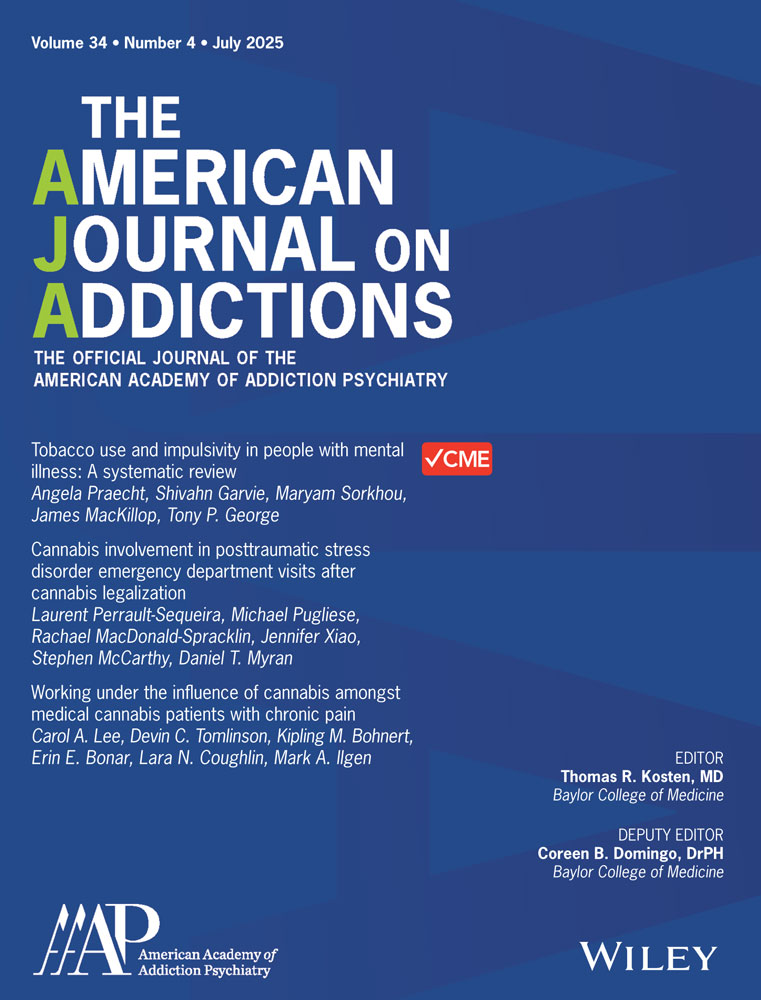Personality Disorder Features as Predictors of Symptoms Five Years Post-Treatment
Abstract
Personality disorders are associated with dysfunction in a variety of areas. Recent longitudinal research has shown that personality disorders are also predictive of problems later in life, as well as of poor response to treatment of depression and anxiety. This study assessed whether personality disorder features were associated with psychiatric symptoms in a cohort of women treated for substance abuse in Sweden. Patients were diagnosed with personality disorders using the Structured Clinical Interview for DSM-IV (SCID-II) personality questionnaire and SCID-II interview, and were then administered a self-report questionnaire designed to measure symptoms of psychiatric illness, the Symptoms Checklist-90 (SCL-90), during and five years after treatment. Concurrently, features of all personality disorders, except histrionic, were associated with SCL-90 score. At five-year follow-up, most personality disorders remained associated with SCL-90 score, with the exception of paranoid and schizoid personality disorder. After controlling for baseline score on the SCL-90, conduct disorder, borderline personality disorder, and narcissistic personality disorder remained significantly associated with symptoms at follow-up. After controlling for abstinence and baseline score, only borderline personality disorder features remained associated with SCL-90 score at follow-up. Patients with personality disorders should be monitored after treatment for psychiatric symptoms.




